Nestlé adds sugar to baby food in low-income countries, report finds

Swiss Nestlé, the world’s largest infant food company, takes pride in not adding sugar to its baby formulas distributed in Europe. However, in many low-income countries, its products do contain added sugar on a very large scale.
In South Africa, Cerelac baby cereal, a Nestlé product for children aged six months and older, contains six grams of sugar per portion—equivalent to approximately one and a half sugar cubes per meal. However, on the packaging of the equivalent product in Switzerland, the words “no added sugar” prominently appear on the packaging.
A double standard: that’s what the Public Eye organisation is denouncing in a report revealed for the first time on Tuesday by Swiss public television RTS in the programme “A Bon Entendeur”.
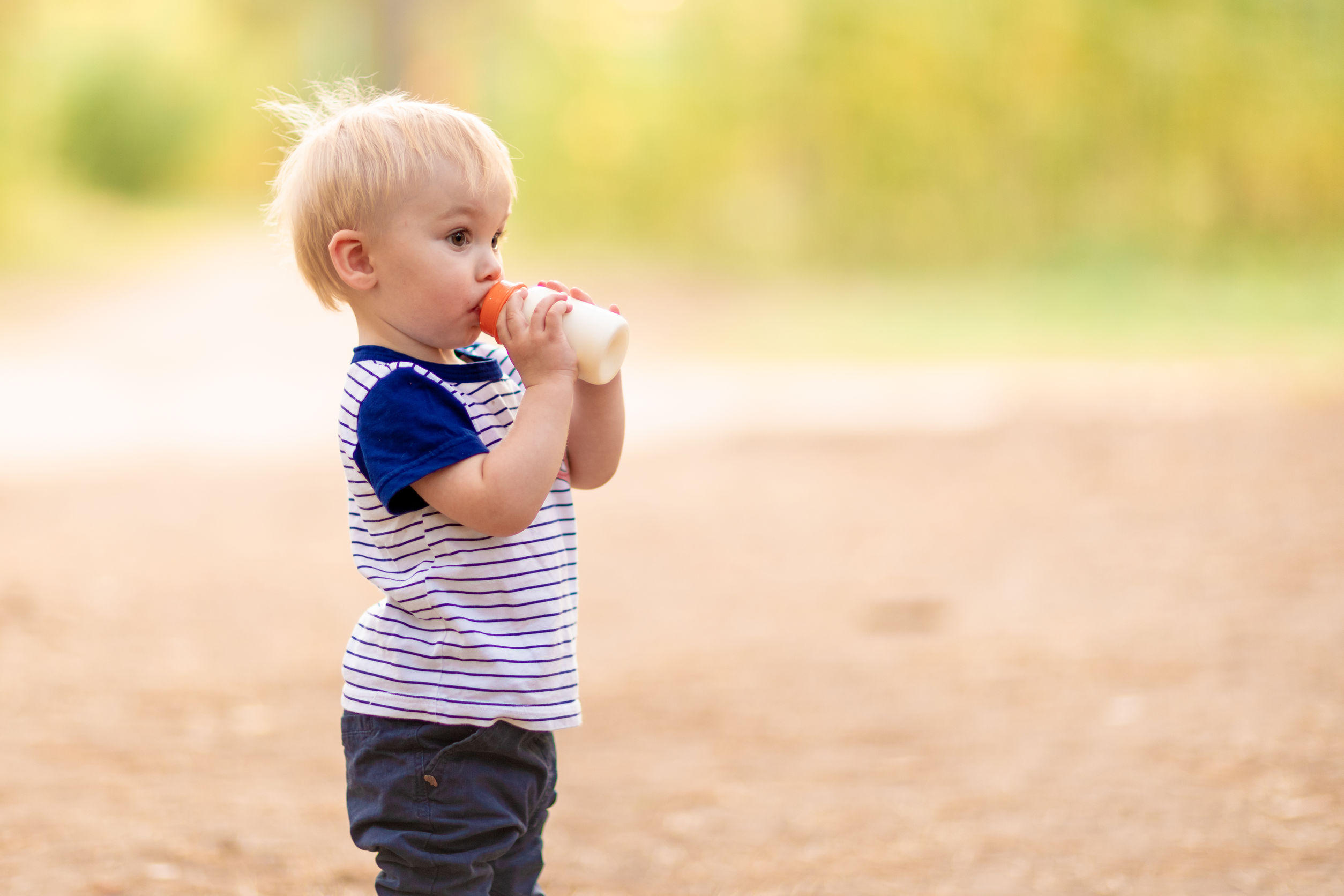
More
Nestlé struggles to win over baby formula critics
Low-income countries targeted
The organisation and the International Baby Food Action Network analysed the composition of around 100 baby foods sold by Nestlé around the world.
The findings are unequivocal: while the Vevey-based multinational company has virtually eliminated added sugars in Europe, it uses them extensively in baby products intended for lower-income countries. This occurs precisely at a time when the World Health Organisation (WHO) recommends significantly reducing the amount of sugar in the diets of young children, particularly to combat obesity.
“By adding sugar to these products, Nestlé’s sole aim – and that of other manufacturers too – is to create an addiction or dependency in children, because they like the taste of sugar”, says Laurent Gabrell, co-author of the Public Eye investigation. “And so, if the products are very sweet, they’ll be asking for more in the future.”
Out of the 78 Cerelac brand products purchased in Africa, Latin America, and Asia, 75 contained added sugar, averaging 4 grams—equivalent to approximately one sugar cube—per portion. Notably, in the Philippines, this level escalated to 7.3 grams per portion for one of the products in the sample, intended to be administered twice a day to babies aged six months and older.
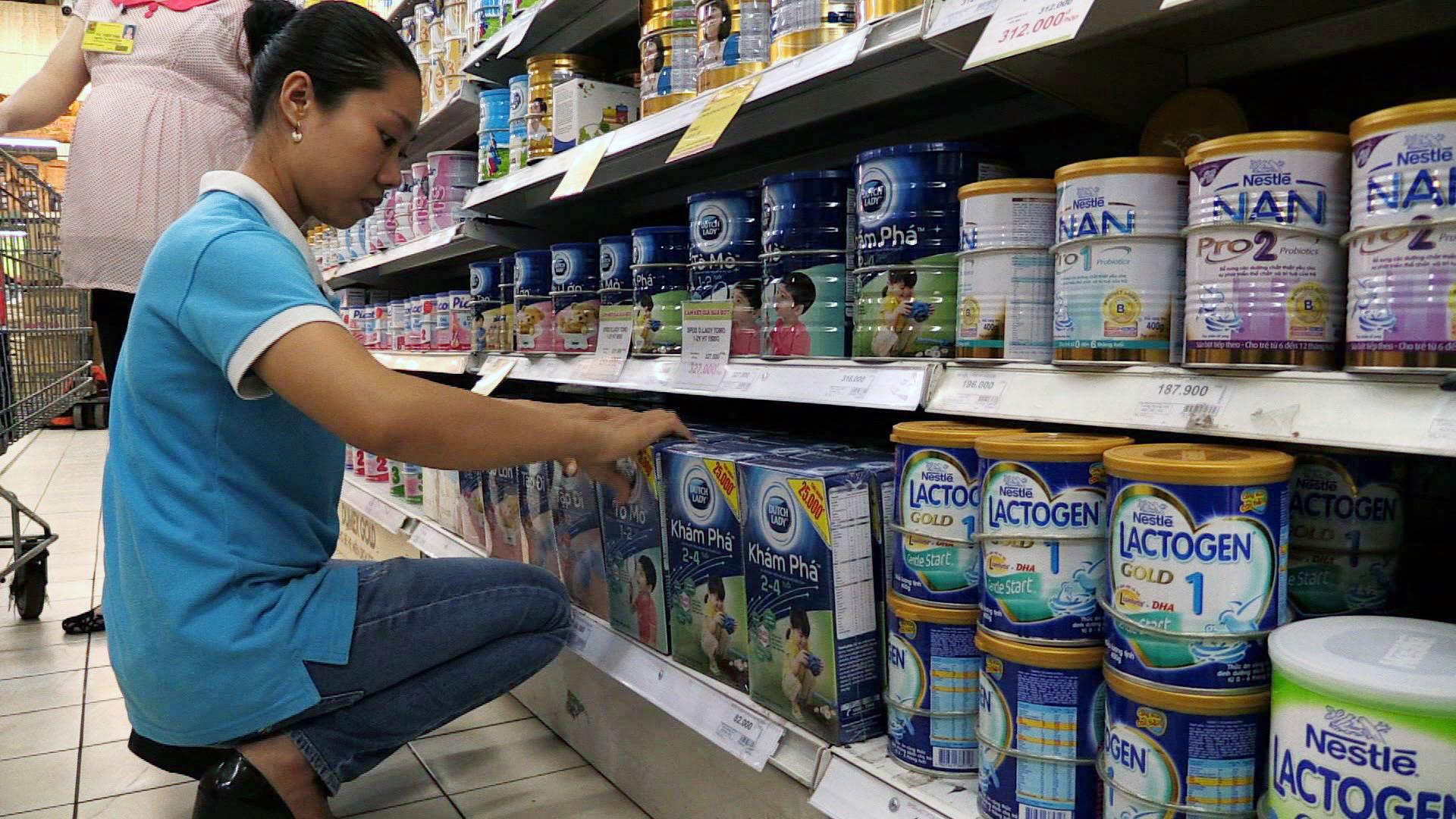
More
Nestlé’s controversial bestseller
Sucrose and honey in baby food
Nestlé Nido products, distributed in many countries, are also a cause for concern. “Nestlé has no hesitation in claiming that these products are ‘sucrose-free’, even though they contain added sugar in the form of honey. Yet honey and sucrose are both considered by the WHO as sugars that should not be added to baby food”, writes Public Eye.
“Nestlé explains it very well in an educational quiz: replacing sucrose with honey has ‘no scientific health benefits’, as both can contribute ‘to weight gain and even obesity’.”
When asked about these practices, Nestlé gave a general response: “All our recipes comply with international and local laws, including labelling requirements”. The multinational company adds that “slight variations in recipes from one country to another depend on a number of factors, including laws, without compromising the quality of our products”.
Nestlé’s marketing strategy
The investigation also highlights the food giant’s marketing practices. On a packet of Mucilon sold in Brazil (the equivalent of Cerelac), it states that it “contributes to immunity and brain development”.
And the strategy doesn’t stop there, according to Laurent Gaberell. “One of the key aspects of Nestlé’s marketing strategy is what we call medical marketing. This involves involving health professionals in the direct or indirect promotion of their products,” he explains. “For example, we have seen the case of a nutritionist in Panama who recommends the Nido 1 products on online channels, even though it contains almost two squares of sugar per portion”.
Here again, Nestlé claims to respect the legal framework of the various markets in which its products are distributed. “We comply with all applicable regulations in all the countries where we operate and we have put in place strict procedures to guarantee our communications”, the multinational company claims.
Translated from French by DeepL/sp
This news story has been written and carefully fact-checked by an external editorial team. At SWI swissinfo.ch we select the most relevant news for an international audience and use automatic translation tools such as DeepL to translate it into English. Providing you with automatically translated news gives us the time to write more in-depth articles. You can find them here.
If you want to know more about how we work, have a look here, and if you have feedback on this news story please write to english@swissinfo.ch.

In compliance with the JTI standards
More: SWI swissinfo.ch certified by the Journalism Trust Initiative













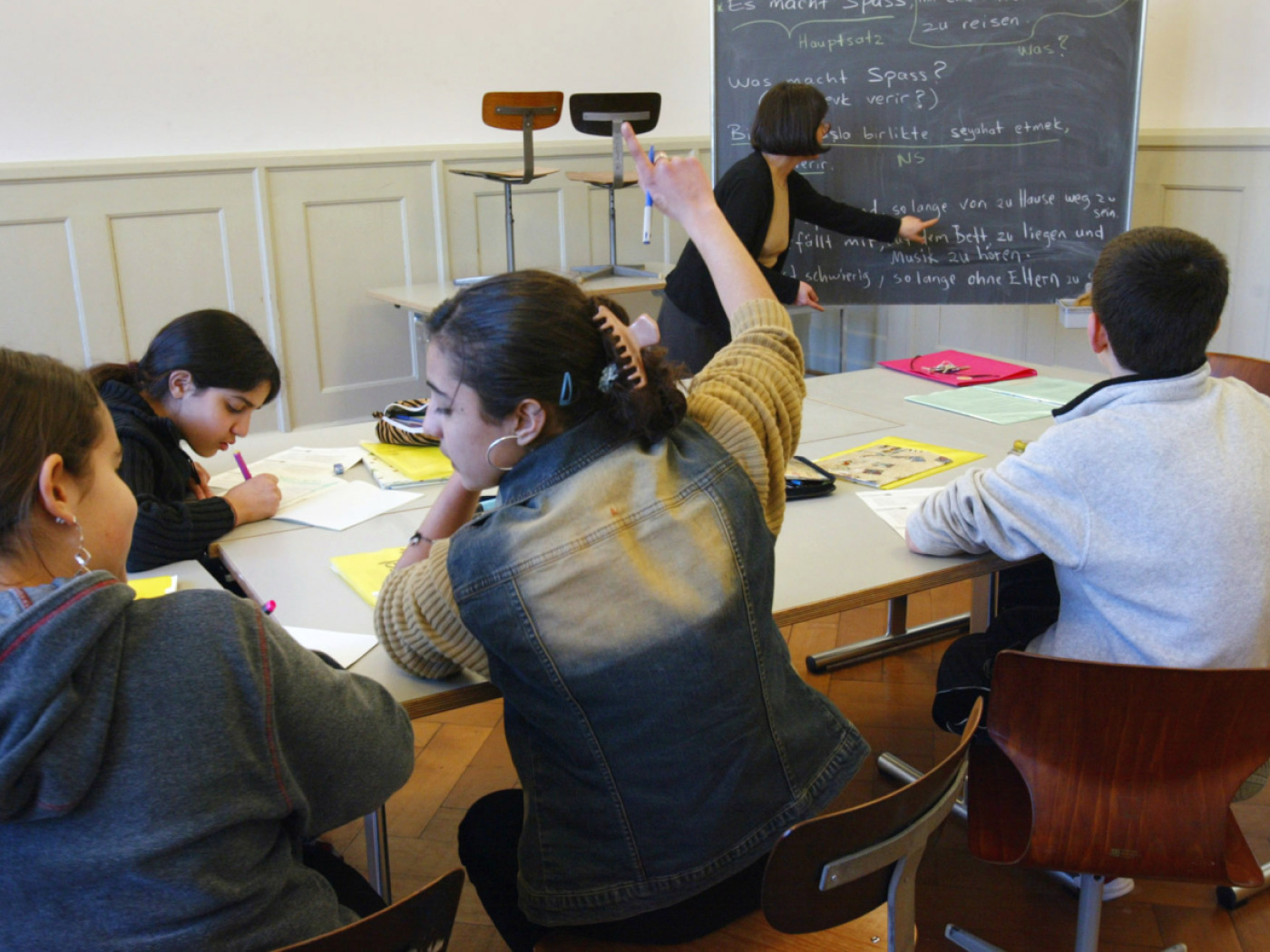


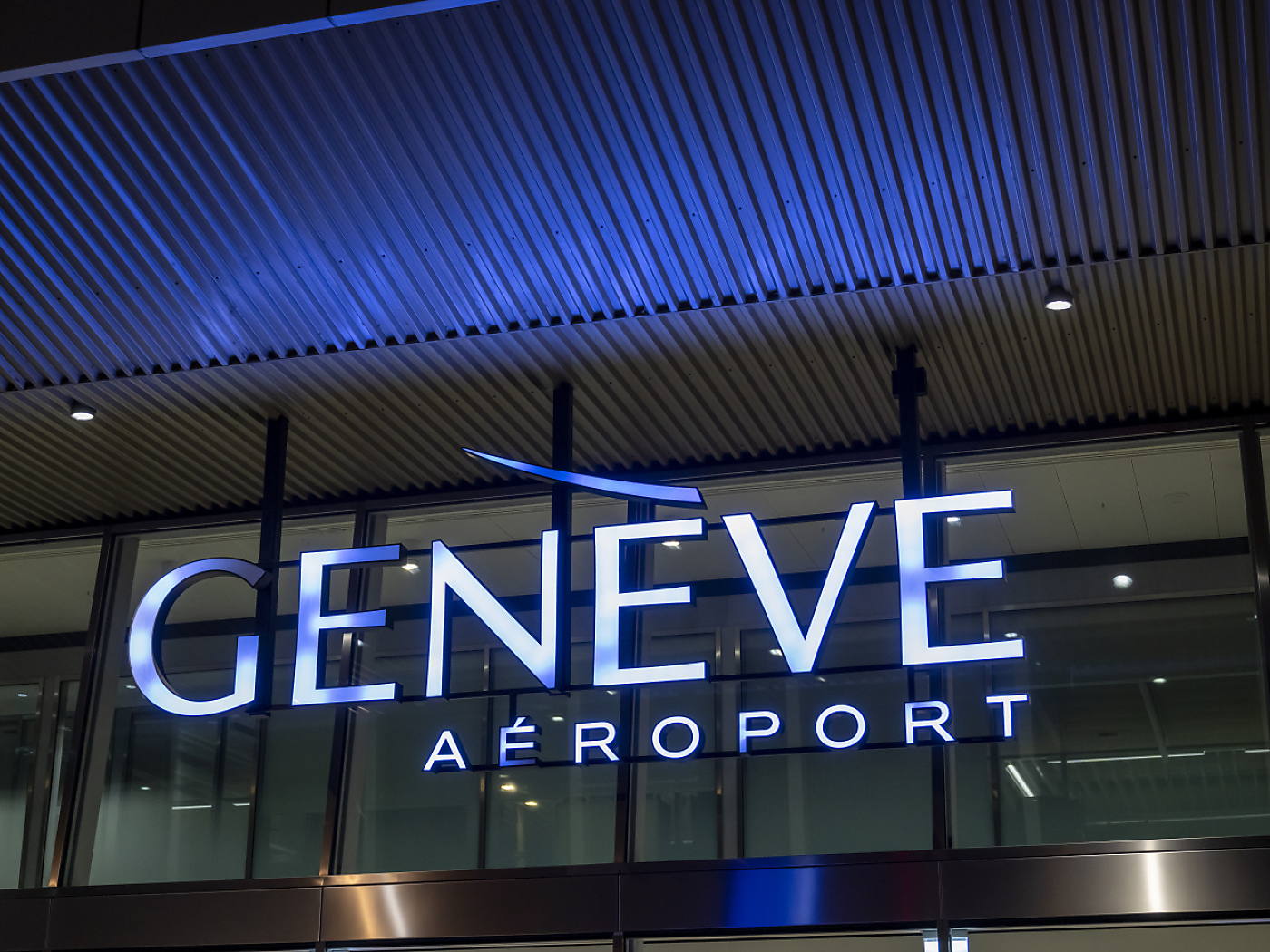


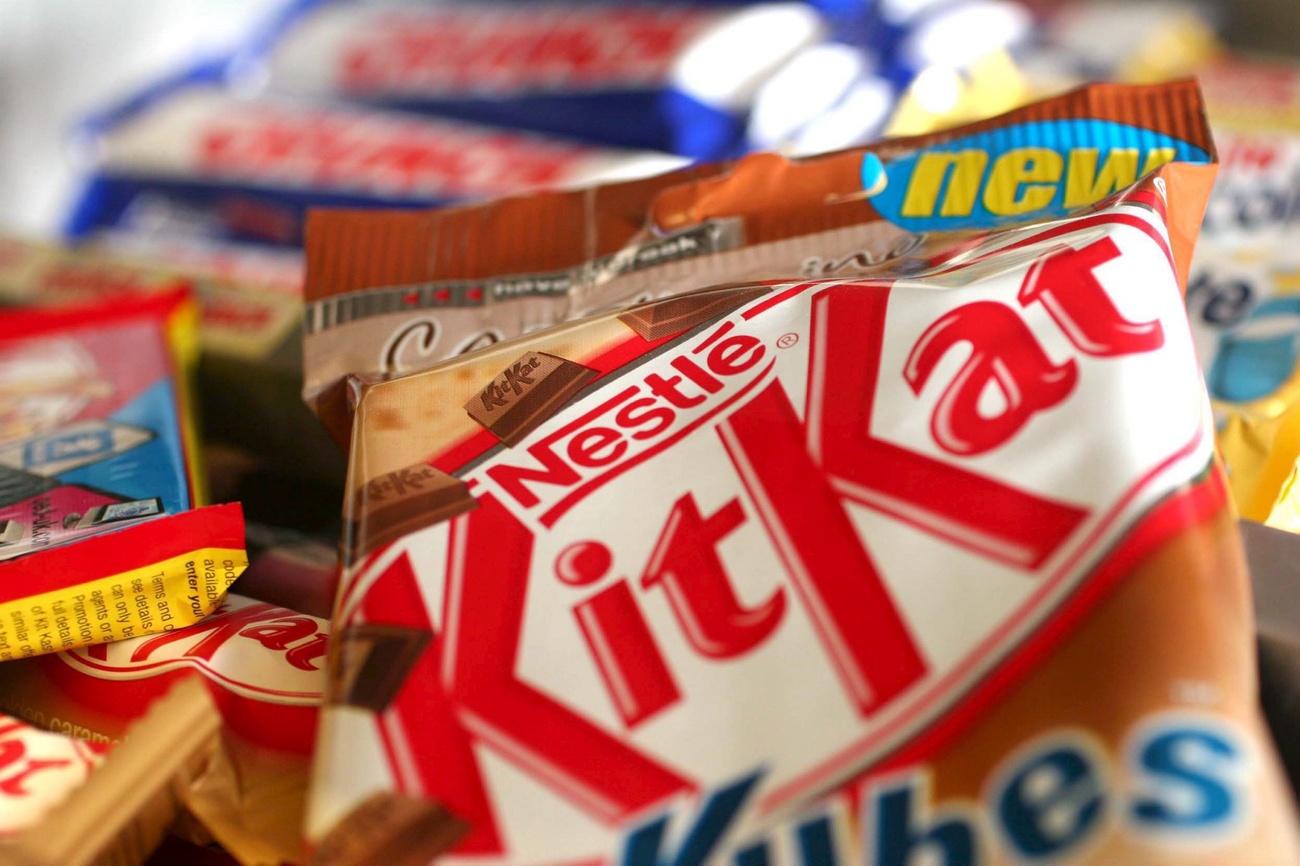
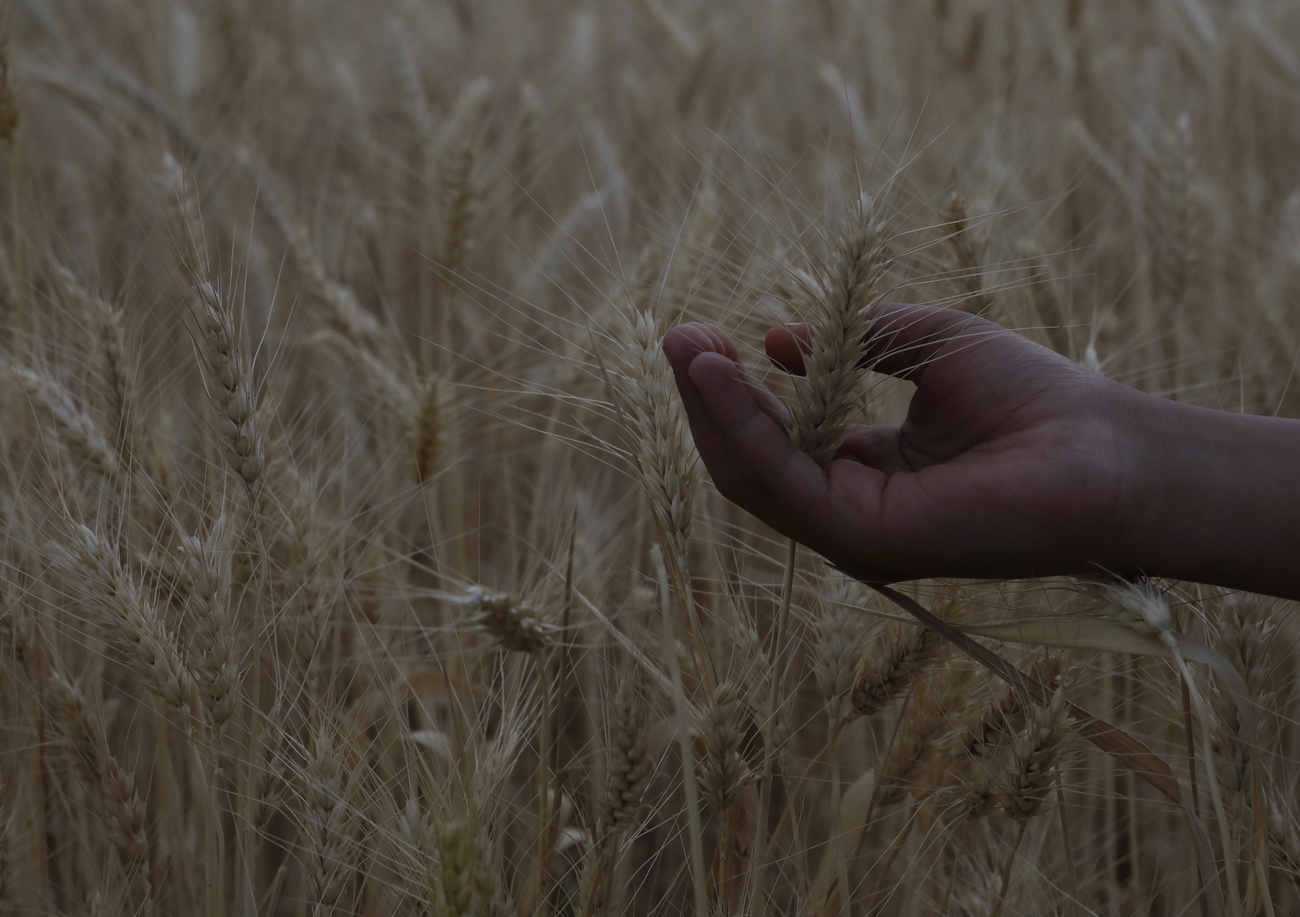
You can find an overview of ongoing debates with our journalists here . Please join us!
If you want to start a conversation about a topic raised in this article or want to report factual errors, email us at english@swissinfo.ch.